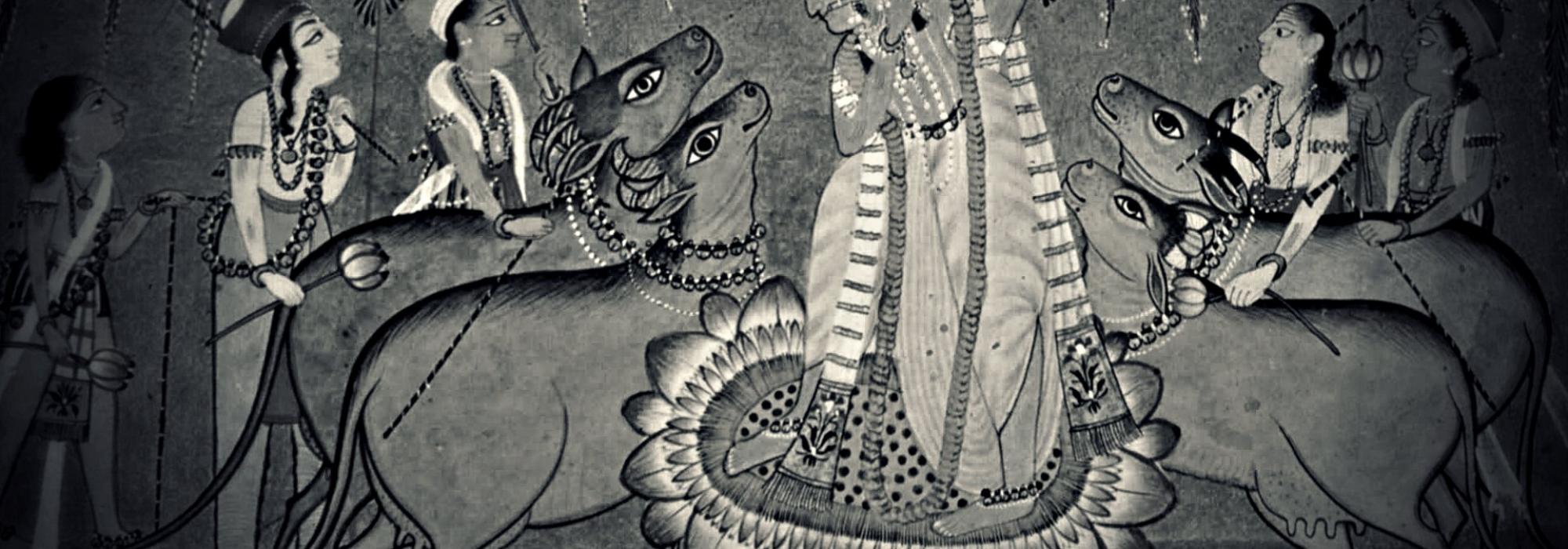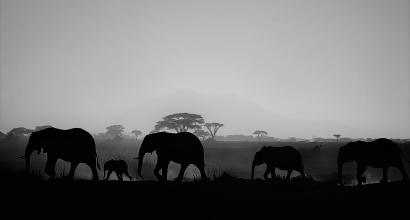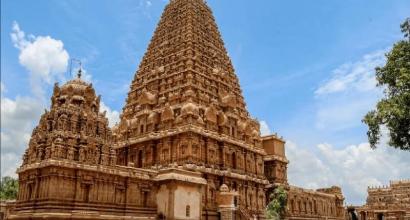In the Vedas, alternative words for kshatriya are ‘गोप,’ ‘पशुप,’ ‘शर्धा,’ ‘व्रात,’ etc. The word ‘गो’ has ten meanings of which one of them is ‘earth.’ Other meanings include ‘wealth,’ ‘knowledge,’ etc. It also has the meaning of one who nurtures all these. In several places, Indra has been called ‘गोपति.’ The word ‘गोप्ता’ comes from the root word ‘गुप्.’ When words like ‘गोप’ and ‘गोप्ता’ are used in the sense of nourishers and kshatriyas, it emphasizes the philosophy of nurturing dharma. The word ‘पशुप’ has been used in the sense of ‘protecting the cow’ since the time farming, tending to and protecting cattle, trade, etc. gained importance.
In the first and second cantos of Raghuvamsha, Kalidasa describes the story of the cow Nandini. Describing how King Dilipa never left the side of Nandini and guarded her with his life, Kalidasa says,
जुगोप गोरूपधरामिवोर्वीम्
– रघुवंश २.३
“It seems as if he was protecting the earth itself, in the form of a cow.”
(Raghuvamsha 2.3)
The multi-utility of the cow is also true of the earth. The earth, which is as motherly and as care-giving as the cow, should be protected and developed – this is one of the requirements of kshaatra.
In this context, we will be reminded of the story in the Bhagavata Purana of King Prthu, who is said to have gained wealth from the cow-like earth as if he was gently milking her [In English “milking” has a negative connotation. Here it merely refers to the act.] When the evil king Vena began continuously harassing his subjects, it became inevitable for them to attack and defeat him. We have already seen how the Atharva Veda describes the situation where the subjects themselves attack and destroy an evil king. The word ‘प्रजा’ came later; the word that was used earlier for the common folk was ‘महाजन.’ The semantic etymology of the word महाजन is 'जनयन्तीति जनाः' – the people who give birth to the king. The word ‘प्रजा’ means ‘प्रकृष्टतया जाताः इति प्रजाः’ – the subjects are the children of the king. The king was the child of his subjects and then the subjects have become the children of the king. We must observe the two situations here: one is ‘we obtain protection from kshatriyas’ and the second is ‘we ourselves give birth to kshaatra.’ These are not mutually contradictory. The king from subjects and subjects from the king is similar to mutually nourishing idea of ocean from rain and rain from ocean.
In calling Indra as ‘पशुप,’ there is also a suggestion that a king’s strength comes from his nourishment and protection of pashus (animals). The word ‘शर्धा’ means ‘the courageous one who is with the maruts.’ Indra is one who received the love and admiration of the maruts. There are details about this in the Ramayana. The spirit of kshaatra in the maruts is closely aligned with that of the rudras. When we see it from this lens, we find that the word ‘kshatriya’ is reflected in words like पशुप and शर्धा.
In the Taittiriya Samhita of the Krishna Yajurveda (as well as in other parts of the Yajurveda), we find mantras like “आ ब्रह्मन् ब्राह्मणो ब्रह्मवर्चसी जायताम्” (TS 7.5.18.1). These mantras are a part of the ashvamedha prakarana. There is a line in this mantra, “आस्य यजमानस्य वीरो जायताम्.” This is a prayer hoping that every home gives birth to a great warrior. Another prayer is “जिष्णू रथेष्ठाः” – let victorious warriors (rathis) be born.
For some period of time, the spirit of kshaatra was dulled with the advent and rise of the Jaina and Bauddha schools of thought. We know this from history.
Translated from Kannada by Hari Ravikumar
(Translator’s notes in square brackets.)












































